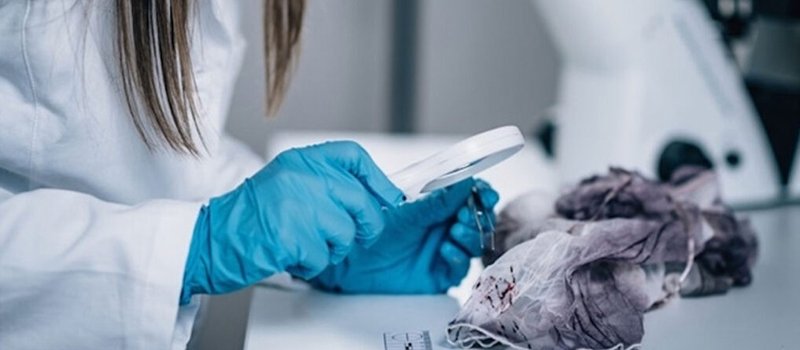
A Bachelor of Science (BSc) in Forensic Science is a specialized undergraduate program that focuses on the scientific methods and techniques used to investigate and solve crimes. Forensic science encompasses various scientific disciplines to analyze evidence and contribute to criminal investigations. Here are the general course details and potential career opportunities associated with a BSc in Forensic Science
The program typically spans three to four years, divided into six to eight semesters.
Candidates should have completed their 10+2 education (or equivalent) with a strong background in science, often including subjects such as biology, chemistry, and physics.
Overview of the field, its history, and its role in criminal investigations.
Techniques for collecting, preserving, and analyzing evidence at crime scenes.
Study of biological evidence, including DNA analysis and serology.
Analysis of chemical evidence, including drug analysis and toxicology.
Study of firearms, bullets, and trajectory analysis.
Examination of dental evidence, including bite mark analysis.
Investigation of digital devices and electronic evidence.
Study of the causes and mechanisms of death.
Understanding the psychological aspects of criminal behavior.
Understanding legal procedures and the presentation of forensic evidence in court.
Hands-on experience in forensic laboratories or crime scene investigations.
Some programs may offer specializations or elective courses in areas such as forensic anthropology, forensic entomology, or forensic accounting.
Analyzing biological evidence such as blood, hair, and DNA.
Examining chemical evidence, including drugs and toxic substances.
Collecting and analyzing evidence at crime scenes.
Handling and processing evidence in a controlled laboratory setting.
Investigating and analyzing digital evidence from computers and electronic devices.
Protecting computer systems and networks from cyber threats.
Assisting pathologists in the examination of postmortem remains.
Assisting in the preparation of bodies for autopsy.
Analyzing dental evidence, including bite marks.
Assessing and treating individuals within the criminal justice system.
Analyzing criminal behavior patterns to help in investigations.
Analyzing firearms, bullets, and trajectories to aid investigations.
Examining and comparing firearms and ammunition.
Analyzing skeletal remains to determine identity and cause of death.
Studying insects and their life cycles to estimate time of death.
Analyzing data and information to support criminal investigations.
Investigating financial discrepancies and fraud.
Examining financial records to uncover fraudulent activities.
Conducting research to advance forensic science knowledge.
Teaching at universities and educational institutions.
Offering independent consultancy services to law enforcement or private clients.